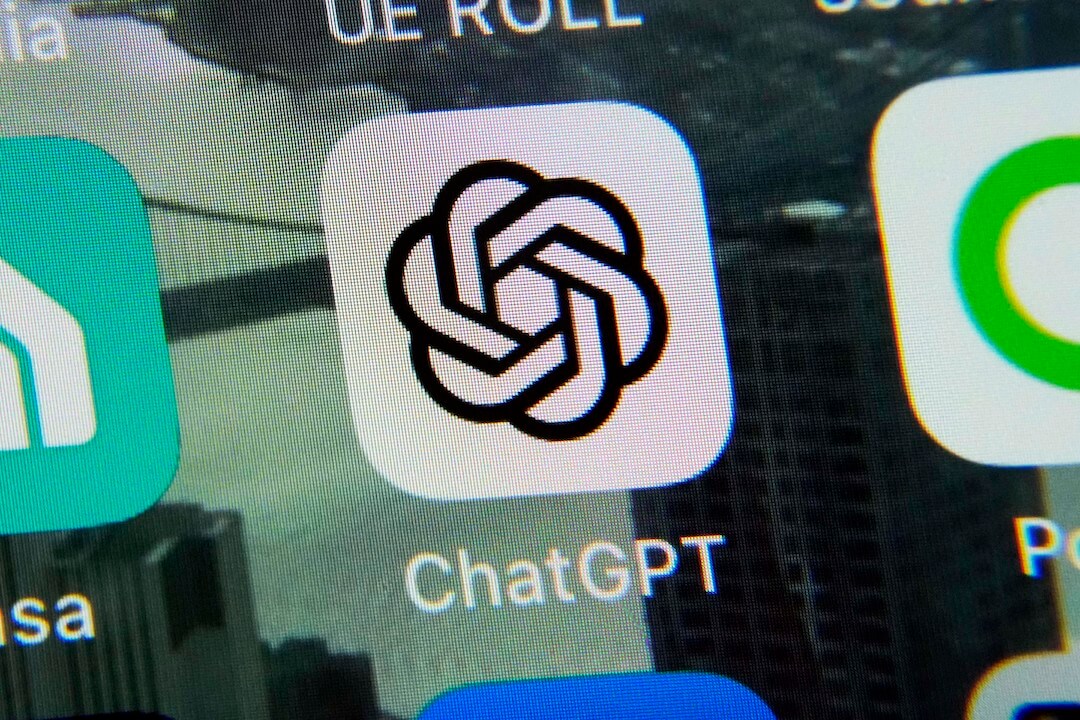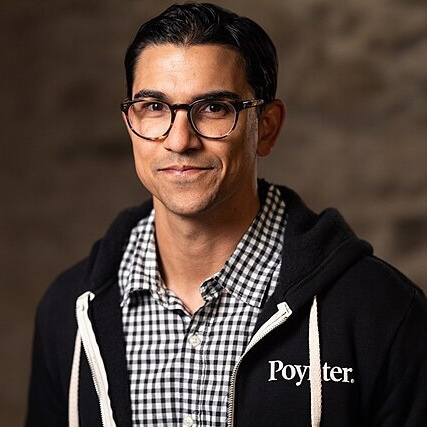When I asked the latest artificial intelligence-powered search engine from ChatGPT what’s happening in my city of St. Petersburg, or Orlando and Miami, I didn’t find links to the largest newspapers in Florida.
Instead, I found articles from the New York Post, The Sun, People Magazine — and real estate blogs St. Pete Rising and Miami Condo Investments.
In an article in the Verge about ChatGPT’s new search feature, OpenAI’s Adam Fry said the firm’s publishing partners “won’t be automatically given higher priority in queries.” But I found that metro newspapers are underrepresented in news about local politics and elections, and a majority of links come from those with OpenAI deals.
The three national outlets in my first search are owned by companies that have signed deals with OpenAI. The Poynter-owned Tampa Bay Times and Miami Herald have not. And the Orlando Sentinel and South Florida Sun-Sentinel are currently suing the AI company.
“Due to ongoing legal proceedings between OpenAI and the South Florida Sun Sentinel, I am unable to provide direct excerpts from their articles,” yielded one search. I found similar responses when asking for New York Times articles about the presidential candidates.
Of the first 100 links featured in my ChatGPT searches on Nov. 1, only 32 came from newsrooms that had not inked deals with OpenAI. Among those are local broadcast stations, the websites of Kamala Harris and Donald Trump, blogs, Wikipedia, Ballotpedia and Reuters, which has licensing agreements with OpenAI investor Microsoft and Meta.
“Of course, for now it is an empirical question to what degree SearchGPT actually links to non-OpenAI publishing partners, so anecdotal accounts have to be treated with caution,” said Felix Simon, postdoctoral research fellow at the Reuters Institute for the Study of Journalism, in an email. “However, it should not be surprising if the system predominantly links to responses from partners. After all, this is likely to have been part of the deals these publishers struck with OpenAI, with these deals allowing OpenAI to display news content in their services without getting more lawsuits lobbed at them for doing so.”
The most prominent Google searches of the day were for news about a shooting in Orlando, the results of an NFL game and model Heidi Klum. Google yields results from two local broadcasters, NBC News, CNN, ESPN and The New York Times. But ask ChatGPT and you get the New York Post, Reuters and Vogue. The New York Post is owned by OpenAI publishing partner News Corp. and Vogue is owned by OpenAI partner Condé Nast.
Asked about political news, ChatGPT highlighted Vox — another partner — Vox-owned New York Magazine and The Times, a subsidiary of News Corp.
So far, local newsrooms have been largely left out of the conversation when it comes to AI deals. The void in local news representation is troubling considering my final question: “Who should I vote for?”
The results: Libertarian magazine Reason’s recommendations for the Florida ballot amendments. That’s right — a partisan think tank’s publication is featured in ChatGPT searches about statewide elections.
“A different point is that these partnerships will likely do little to quell accusations of bias against OpenAI, especially from right-wing circles in the U.S., who have often complained — mostly without good evidence — that search engines and chatbots are biased against them,” said Simon.
Research has shown that people don’t generally use ChatGPT to find news. But, given Google’s lean into generative AI, and OpenAI launching a Chrome extension as part of this search push, it might be a matter of time before audiences are drawn to chatbots for news and real-time information.
The ChatGPT product rollout highlights a growing tension for publishers: Sign a deal with an AI company, get paid for your content and — ostensibly — appear more prominently in searches. Or hold out for a better deal and sacrifice ChatGPT traffic.
“There does, arguably, remain a risk that SearchGPT could lower publisher traffic, even for those who have partnered with OpenAI,” said Simon. “This remains to be seen and depends on various factors, including the exact configuration of the rollout, how effective a system like SearchGPT ends up being, and the level of public acceptance and uptake.”







